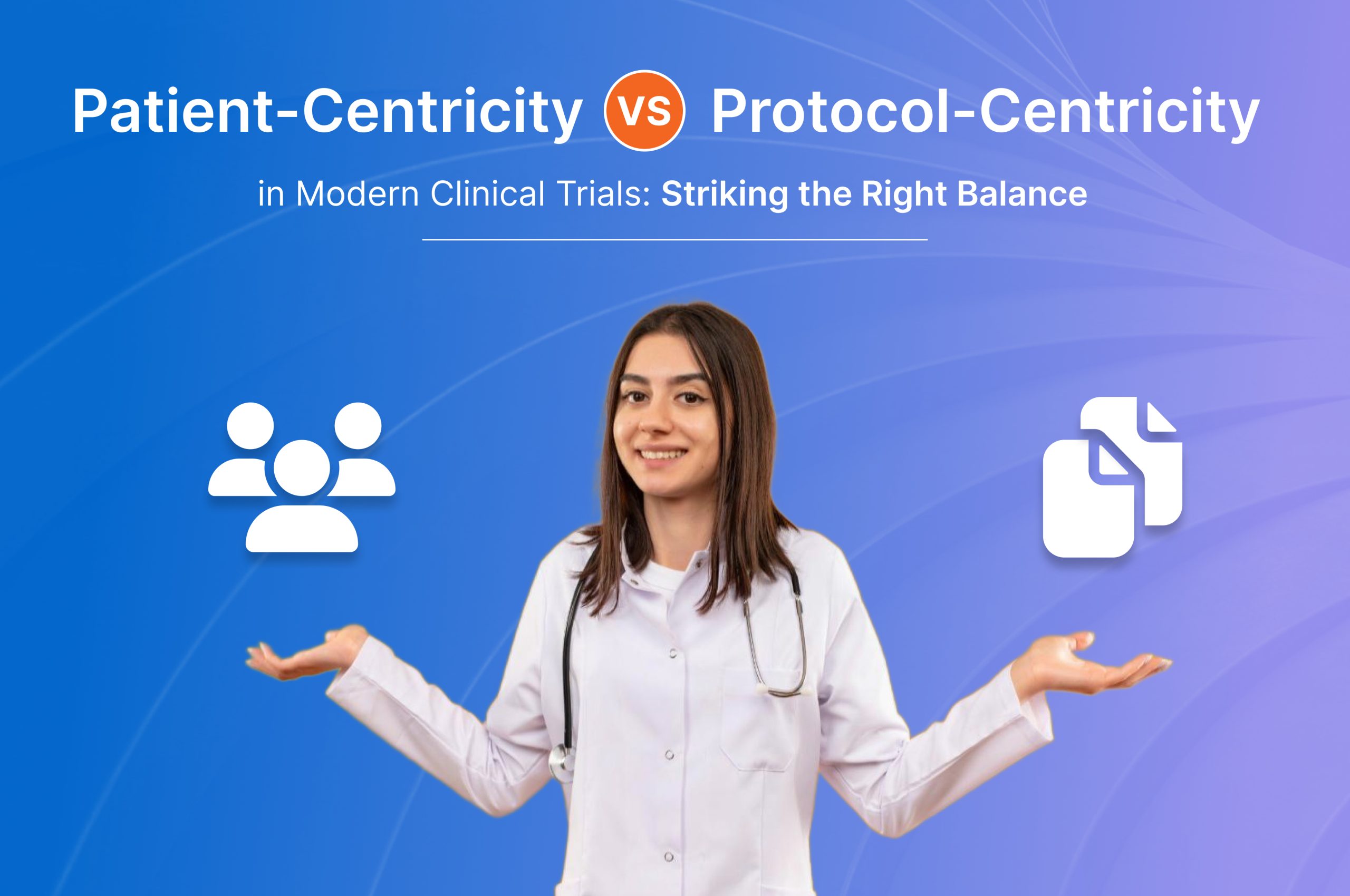Innovations in the field of contemporary medicine are always stretching the bounds of what we previously believed was feasible.
Personalized medicine is a promising discovery that is transforming clinical trials and opening the door to customized therapies that are based on each patient's distinct genetic composition, lifestyle, and surroundings.
This revolutionary method improves patient outcomes while streamlining the drug development process and increasing the effectiveness and efficiency of clinical trials.
Understanding Personalized Medicine
Precision medicine, another name for personalized medicine, is a branch of medicine that adjusts medical decisions and interventions based on the unique needs of each patient.
Fundamentally, it acknowledges that no two patients are the same and that a person's reaction to a disease and its treatment is greatly influenced by a variety of factors, including genetics, biomarkers, environmental factors, and lifestyle choices.
In December 2015, EU Health Ministers published the following definition of PM in the Council Conclusions on Personalised Medicine for Patients:
~ A medical model that uses the characterization of an individual's phenotype and genotype (e.g., molecular profiling, medical imaging, lifestyle data) for tailoring the right therapeutic strategy for the right person at the right time and/or to determine predisposition to a disease and/or to enable timely and targeted prevention.
Sometimes, standard medical procedures prescribe therapies based on broad criteria in a one-size-fits-all manner.
However, this approach could overlook crucial information that has a big impact on patient outcomes and the efficacy of therapy. Personalized medicine seeks to narrow this disparity by developing individualized therapies that are suited to the particular needs of each patient by using state-of-the-art technologies and vast patient data.
The Impact on Clinical Trials
The process of developing new drugs has been completely transformed by the incorporation of personalized medicine into clinical trials. This has brought about several advantages that have improved efficacy and efficiency. Researchers can maximize the chance of success by identifying subpopulations that are most likely to respond favorably to a given therapy by customizing treatments to the genetic and molecular profiles of participants.
- Accelerating Drug Development
The capacity of customized medicine to shorten the time it takes for medication development is one of the biggest benefits in clinical trials.
Researchers can pick volunteers most likely to benefit from the trial intervention, speeding up the recruiting process by finding biomarkers and genetic fingerprints linked to a particular disease or therapy response. By minimizing the need for huge, varied patient groups, this customized method enables more focused and effective studies.
Clinical trial duration and expense may be lowered by up to 39% with personalized medicine, claims a paper from the Personalized Medicine Coalition. Pharmaceutical businesses profit from these time and resource savings, which also speed up the delivery of life-saving therapies to patients who need them.
- Improving Patient Outcomes
Personalized medicine has the potential to enhance patient outcomes by providing medications tailored to individual patient characteristics.
By identifying genetic variations and biomarkers connected to sickness risk and treatment response, clinicians can prescribe medications that are more likely to be beneficial and to have fewer side effects.
For example, personalized medicine based on genetic profiling has revolutionized cancer therapy in oncology. By analyzing the genetics of tumors, doctors may identify particular mutations that drive the development of cancer and select therapies that specifically target these mutations, therefore enhancing patient outcomes and reducing side effects.
Dr. Susan Desmond-Hellmann, former CEO of the Bill & Melinda Gates Foundation, emphasizes the importance of personalized medicine in improving patient care, stating, "Personalized medicine allows us to move away from a 'one-size-fits-all' approach to treatment and tailor interventions to the individual characteristics of each patient, ultimately leading to better outcomes and a higher quality of care."
- Enhancing Clinical Trial Design
Clinical study strategy and execution have evolved as a result of personalized medicine, in addition to improving patient outcomes. Conventional trial designs sometimes rely on large patient populations and results, which may conceal a treatment's true efficacy, especially in illnesses with several underlying processes.
In order to create more flexible and individualized trial designs, researchers can employ personalized medicine to concentrate on specific patient subgroups and use biomarkers as stand-in outcomes.
By using biomarker-driven techniques, researchers can identify early signs of toxicity or effectiveness, allowing for timely adjustments to treatment regimens and more efficient use of existing resources.
Dr. Janet Woodcock, former Director of the Center for Drug Evaluation and Research at the FDA, highlights the importance of adaptive trial designs in personalized medicine, stating, "Adaptive trial designs allow researchers to learn from each patient enrolled in the trial, enabling real-time adjustments to treatment strategies and maximizing the chances of success."
In Summation
To sum up, personalized medicine is changing the clinical trial scene by bringing a new perspective that emphasizes individualized therapies based on each patient's distinct needs. Personalized medicine has the potential to accelerate medication discovery, improve patient outcomes, and increase the efficacy and efficiency of clinical trials by utilizing cutting-edge technology and extensive patient data.
Want to know more about how Octalsoft’s eClinical suite can power your clinical trial and advance the development of personalized medicine?



